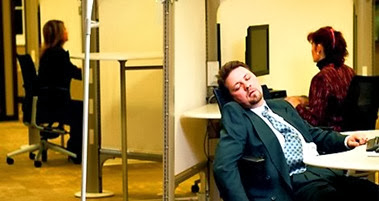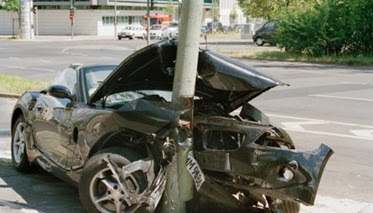 From the Independent 29/11/13:
From the Independent 29/11/13:
Black Friday, the American holiday dedicated to discount shopping, seems to have been successfully imported into the UK, bringing with it both crowds and chaos.
[…] Asda seems to have been particularly affected by the frenzy, with multiple reports of hospitalizations and injuries from Asda stores across the UK.
In an Asda store in west Belfast there were claims that heavily pregnant woman had been pushed and shoved and pensioners had been knocked to the ground [with one reportedly sustaining a broken arm in the process].
"It was just a free-for-all. It was frightening," said one woman who witnessed the scenes at the Westwood Centre. "People were getting trailed to the ground. [Getting what to the ground?] People were arguing with people. [At least they weren’t trying to argue with inanimate objects then!] Two of my friends were injured."
The woman claimed her friend was kicked in the stomach by a shopper trying to take a TV from her.
Similar reports have emerged from stores in Liverpool and Bristol, with eyewitnesses reporting in the latter store that a man had to be restrained by security guards after becoming annoyed that he could only buy a single TV.
Only on Bristolian could start a fight trying to purchase a TV!
I’m certainly not excusing the generally loutish behaviour seen during ‘Black Friday’ but, let’s face it, shopping is stressful. Christmas is more stressful still. Combine them both together (and add in herd instinct and small-man-syndrome) and you’ve got a potentially dangerous mixture. The January sales are bad enough, but after Christmas shopping is for fun; before Christmas, lives depend on it.
There’s simply no escaping from the fact that people love a bargain and when there’s the prospect of losing out on a good deal, people act irrationally. Heck, some would kill to get 40% off of a TV (or at least start a stampede).
Sadly, I think Black Friday is here to stay. Clearly the safety of customers is going to be an important consideration as the phenomenon grows even bigger. As I’m fond of saying, liability is never far away, and shops are going to have to start taking these risks seriously if they’re to avoid a wave of costly litigation.
In the meantime, I’m waiting for a documentary ‘Police, Camera, Action’ style which compiles all the CCTV footage showing customer scrums in supermarkets and shopping malls up and down the country on Black Friday. No doubt it would be voiced-over by a 20-something Northerner muttering an endless stream of utterly trite comments – as is the preference for narrators on TV shows at the moment.
For what it’s worth, I’ve been a bit of a sucker for a bargain this year, albeit from the relative safety of my office chair. Amazon have had a field day today (and that’s just down to me). Still, if you can’t spend of a bit of money at this time of year, when can you?






